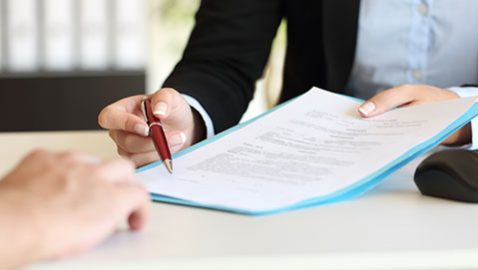When an individual dies their property and possessions are known as the Deceased Estate. This will include their real estate holdings, bank deposits, shares, cash, their personal possessions and any other assets.
As long as there is a valid Will in place at the time of death, the person nominated in the Will as the Executor of the Will is responsible for applying to the Courts for a Grant of Probate. In addition, the Executor is responsible for administering the Deceased Estate. This will include identifying all assets of the estate, extinguishing and debts or liabilities and distributing assets to the nominated beneficiaries.
Appointing an Executor, as nominated in your Will, is important. Often couples will nominate each others as Executors of the others Will. Mature children are also commonly appointed as Executors. Beyond that trusted friends, extended family or professionals such as lawyers and accountants can be appointed as Executors.
Should you need professional assistance to manage your loved ones Estate or to provide assistance with your own Estate then get in touch with one of our Estate experts and we’ll guide you through the process.






